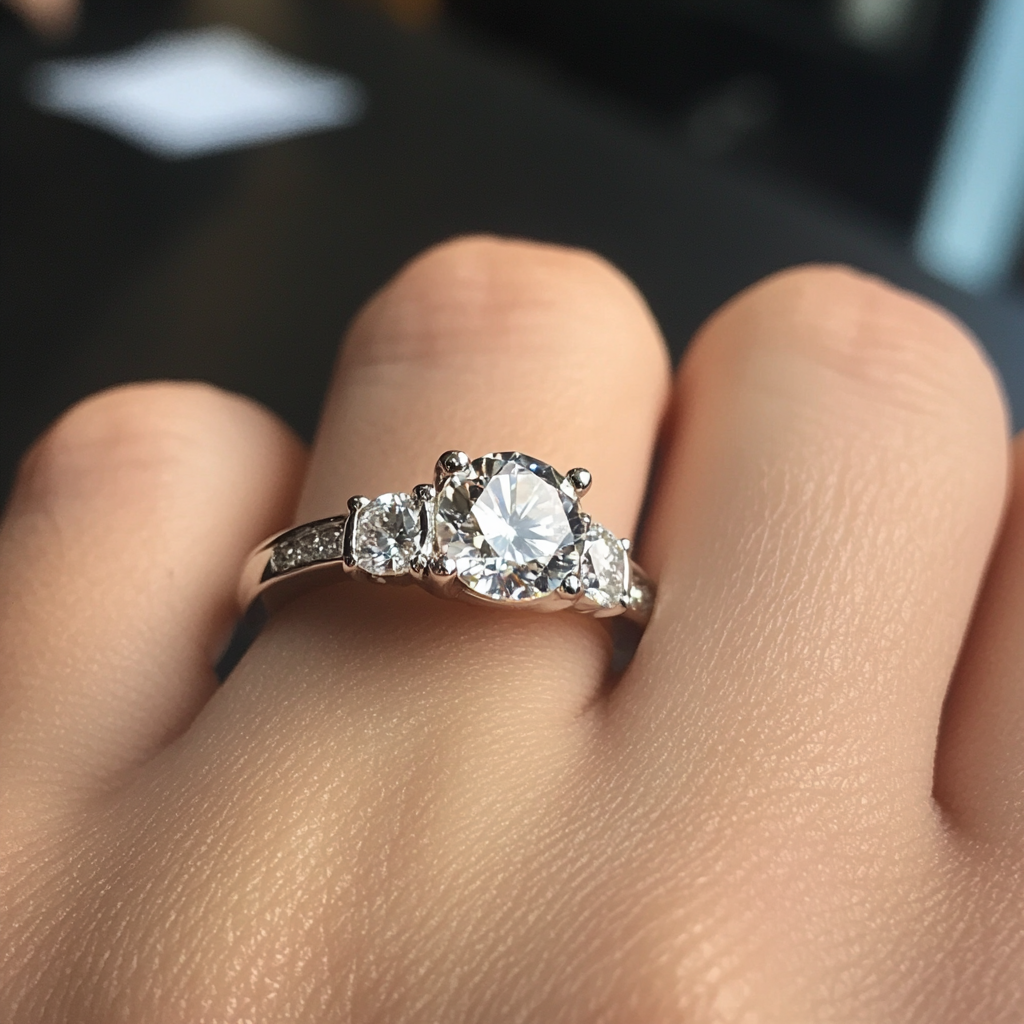DiamondDense
Shiny_Rock
- Joined
- Nov 1, 2016
- Messages
- 198
in regards to a male wedding band?
before i reorder my band for the 3rd (and hopefully final time) i am reevaluating whether or not i really or particularly want platinum all that much.
for something that costs almost 1/10th the price, i fail to see many downsides to titanium other than the fact that it's not precious so it doesn't have that cache.
but, sometimes money in the pocket is more important.
your take?
before i reorder my band for the 3rd (and hopefully final time) i am reevaluating whether or not i really or particularly want platinum all that much.
for something that costs almost 1/10th the price, i fail to see many downsides to titanium other than the fact that it's not precious so it doesn't have that cache.
but, sometimes money in the pocket is more important.
your take?




300x240.png)